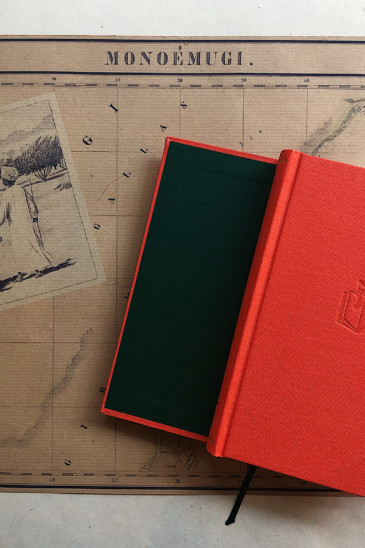When Elspeth Huxley’s family arrived in the dusty lanes of Nairobi in 1913, British East Africa was still a kind of Garden of Eden, filled with an abundance of wild creatures and virtually untouched by the destructive hand of man. It was also a land of dreams, a place for the recouping of lost fortunes by those who hadn’t managed things very well elsewhere.
Six year-old Elspeth and her parents – whom, in her memoir, she calls Robin and Tilly – were bound for Thika, 500 acres of bush which had been sold to Robin on arrival as ‘the best coffee land in the country’ by Roger Stilbeck, a splendid rogue wearing an Old Etonian tie and a perfectly cut suit. Like many of those from the ‘Old Country’, Elspeth’s parents were innocents abroad. Gentle and charming Robin, now on his uppers, had ‘unfortunately’ inherited some money and had made a habit of involving himself in schemes that invariably crashed. Tilly, born into an impecunious branch of the Grosvenor family, was forthright and practical. Both were also incurable optimists, dreaming of the prosperous orchards and plantations and the grand stone house they would soon build – though in fact they were to remain for fifteen years in the thatched hut with a beaten earth floor that they had put up immediately they arrived, bizarrely surrounded by odd pieces of fine furniture and other genteel remnants of their comfortable past.
Elspeth Huxley evokes both the harshness and the beauty of the life that, against all the odds, they managed to create, of the mutually dependent society of those early white settlers, and of the effect of Africa and its native people on the imagination of a solitary and self-sufficient small child. The Flame Trees of Thika paints an unforgettably vivid and poignant picture of the forging of a world, and its dissolution in the tragedy of the First World War.
‘Keep up the good work . . .’ A. Hill, West Sussex
Read more‘You are a beacon of civilisation . . .’
'I just wanted to include a quick note with my subscription renewal to say how highly I regard the publication. For me you are a beacon of civilisation in a world increasingly hostile to the book...
Read more














‘I’ve been meaning to enthuse in writing about your magazine and books for some time now. Just finished The Flame Trees of Thika and found it riveting, a wonderful evocation of the sights and sounds of Africa. Alan Moorehead is next on the list for reading. Keep up the good work, it all brings the best of enjoyment in these difficult times.’ A. Hill, West Sussex
G. Kerr
‘I just wanted to include a quick note with my subscription renewal to say how highly I regard the publication. For me you are a beacon of civilisation in a world increasingly hostile to the book…